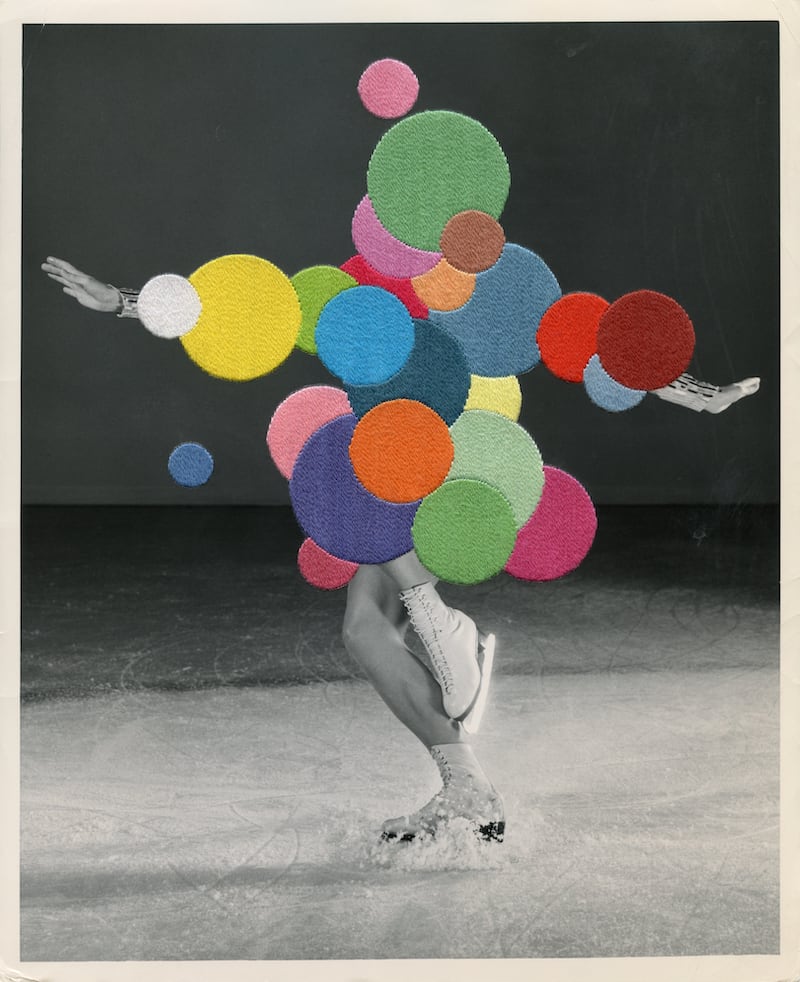
MA Fashion Studies Curriculum – Interpreting Fashion
As a continuation of the subjects ‘Fashion Studies – Key Concepts’ and ‘Fashion, History and Mediation’, the course ‘Interpreting Fashion’, instructed by Dr. Morna Laing, allows students to reflect critically on fashion research as a practice and a process, by developing techniques for researching and interpreting material and visual culture.
The aim of the course is to enable students to cross disciplinary boundaries and to discover new and original perspectives towards future fashion research. Students learn how to define research questions, applying classic theoretical writings on fashion to their own contemporary examples. Through analysis of case studies, students are able to examine how fashion is used and positioned within a specific social and cultural context.
As the outcome of the course, students develop research papers that explore different fields, practices or areas of the fashion system, and on Thursday, April 1st, they presented their topics to the class.
Exploring issues of gender and feminist studies, Renata Hernández is digging into the representation and perception of the feminist movement in Mexico, which is clearly visible on digital platforms, since the assumption of power of the current president.
Aishwarya Pureti is taking as a starting point Simone De Beauvoir’s quote, “One is not born a woman, but becomes one”, in order to explore how Indian society constructs femininity and skin colour through media representation. This involves investigating the idea of the male gaze as well as building reception analysis through the use of focus group discussions. Also exploring the bodies of women, this time in the North-American context, Bethany Miller is focusing on the lack of representation of plus size women. In particular, she is using the Vogue digital archive, taking as a case study ads from 1904–1920 that depict the stout woman as an outlier of the norm, while also comparing them to representations in the contemporary context.
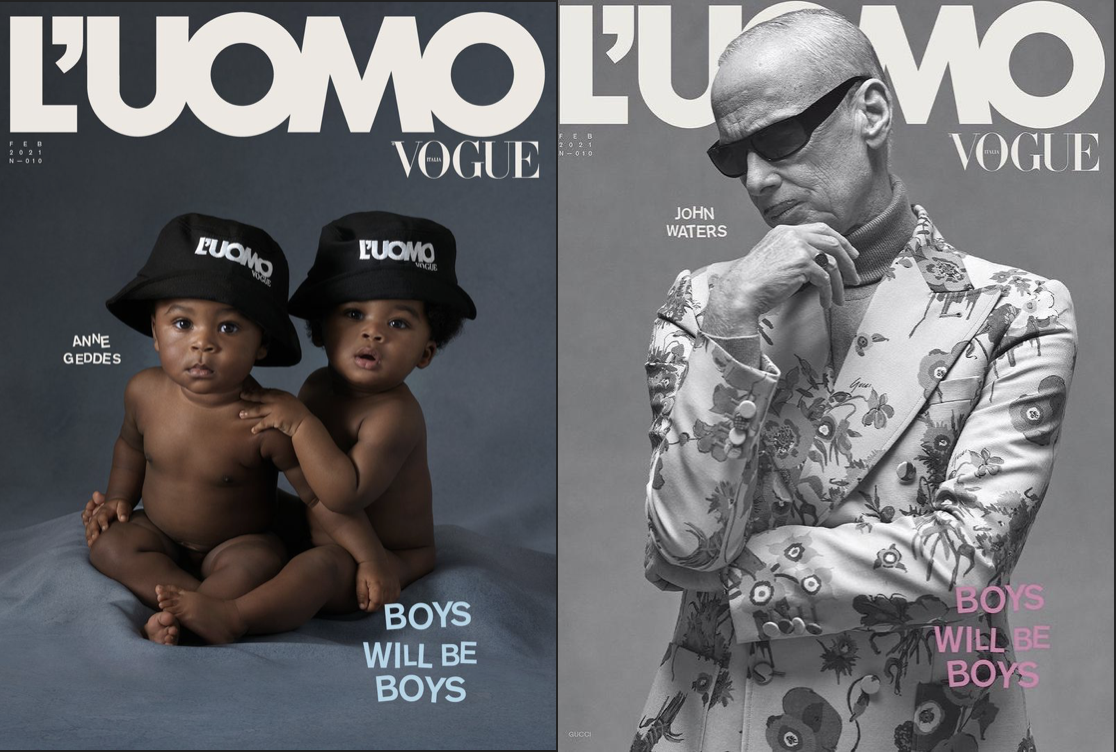
Continuing with issues of gender, Ilaria Trame is conducting a discourse analysis on the February issue of L’Uomo Vogue that displayed the quote “Boys will be Boys” on the front: touching upon Vanska and Higgonet’s writings on childhood and exploring the construction of masculinity by fashion and media, she is questioning the binarity of and in fashion publications.
Maria Ida De Ioanni also draws upon the concept of masculinity in her paper ‘Under the tights: exploring male ballet dancers’ wardrobe’, in an attempt to unpack the tools involved in the regulation of men’s bodies for the performative act of dancing and the emotional perception of ballet garments.
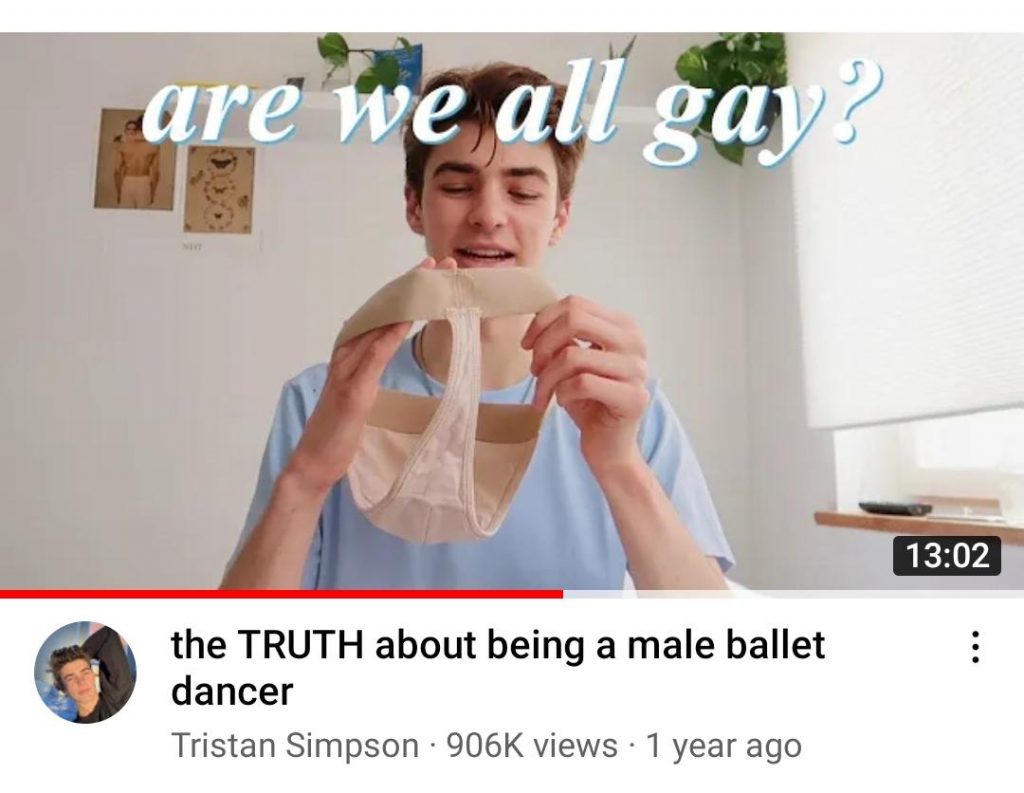
Moving on to build a discussion on issues of identity and body, Rhea Saad explores the act of getting dressed, as a way for the queer Lebanese community to reclaim their identity and to re-inscribe their narratives within history.
Summer Chen analyzes how South Korean and Chinese beauty standards, perpetuated by the media and in particular through the case study of the Chinese video platform Bilibili, leave women experiencing body dissatisfaction.
In addition, to reflect on the relationship built between food and the body in fashion media, Jacqueline Lopez analyzes the Vogue Paris October 2010 spread “Festin” shot by Terry Richardson, reflecting on the methodological ramifications of engaging with digital traces of the spread, found online, versus the original paper publication, held in the MAD archive.
Concluding this section is Stephanie Lever and her paper exploring self-fashioning for women in the Jewish community, looking at modest fashion through discourse analysis and interviews in order to unpack the relationship between the self and society for Orthodox women.
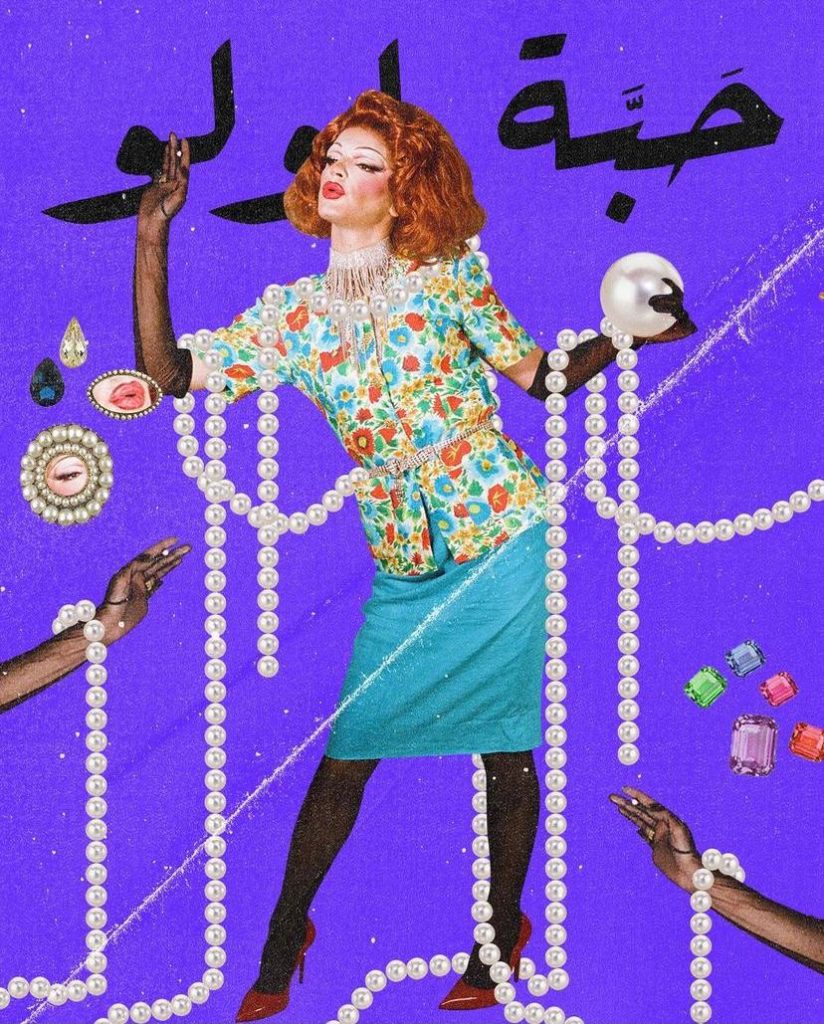
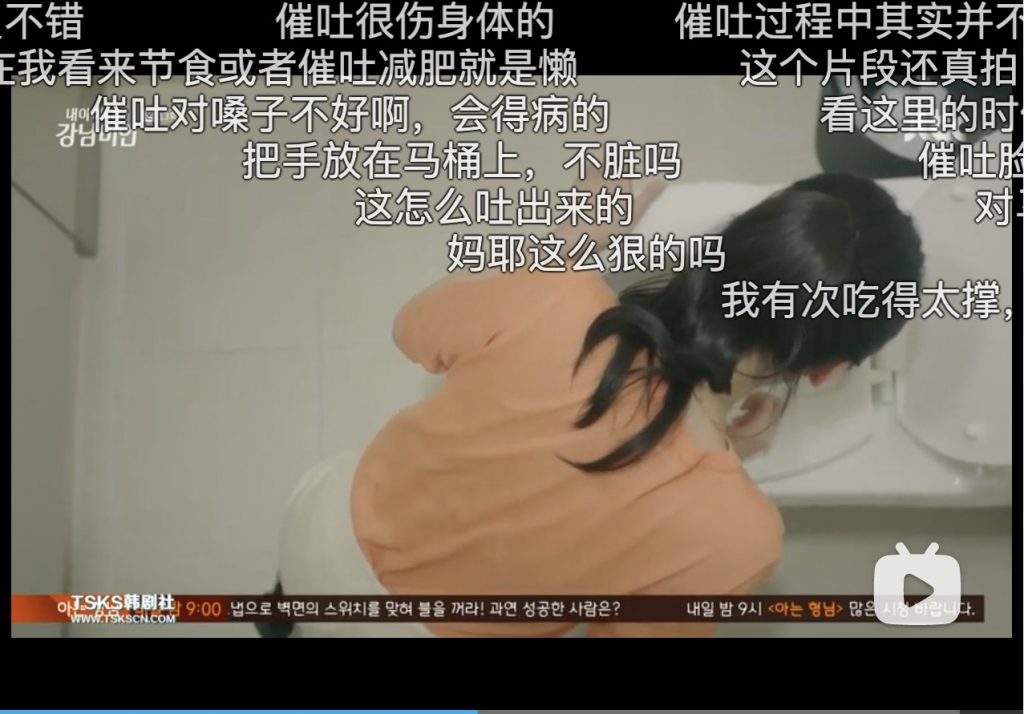
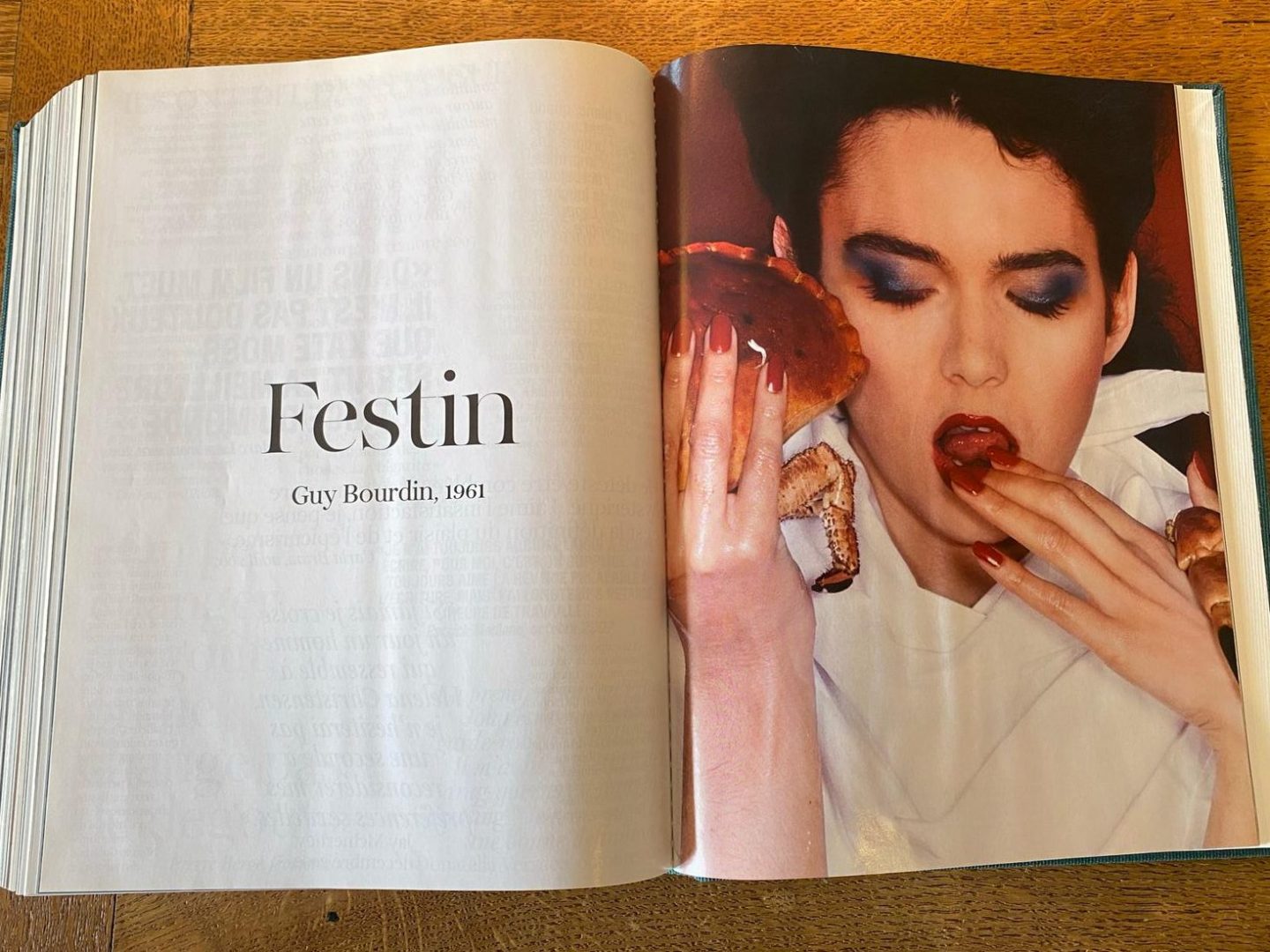
Addressing the racial discourse, Treonna Turner in shedding light on the exploitation of black people in the field of high fashion and on the industry’s racist relationship with the African diaspora. On another note, Jessica Clark has entitled her paper ‘Unwrapping the Black Woman’s Headscarf to Dismantle Modernity’, exploring the significance of this accessory for black women and its relationship to trends and movements in fashion, both historically and in the contemporary period.
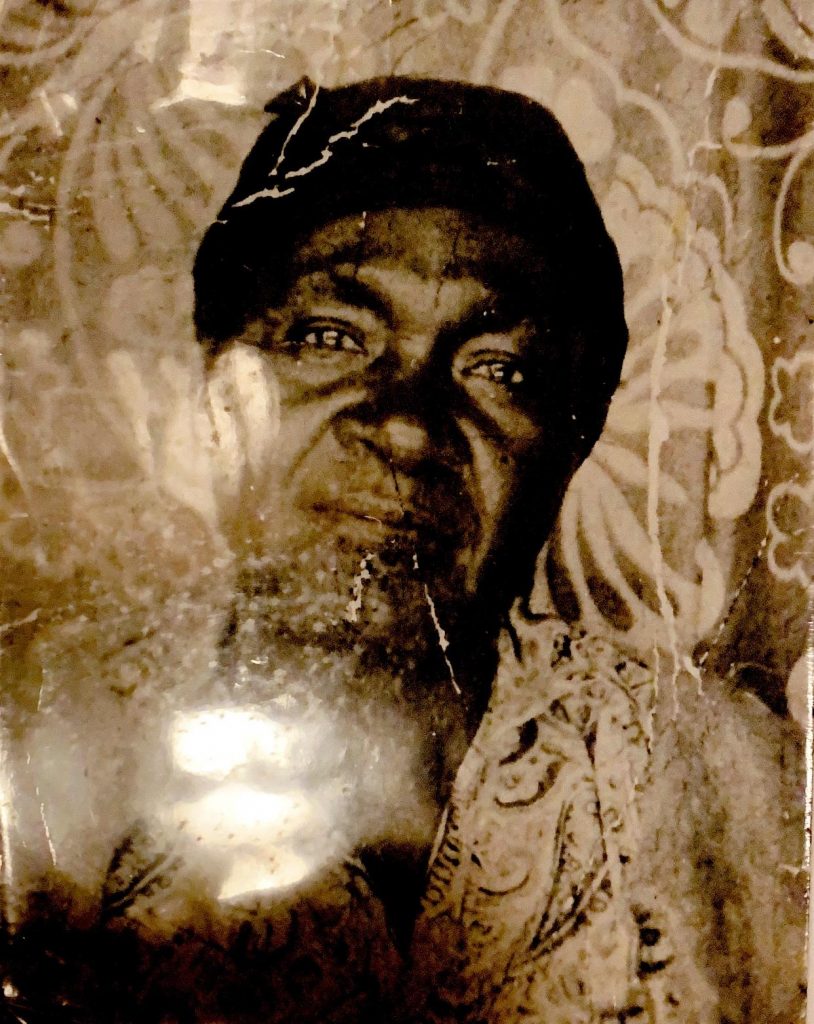
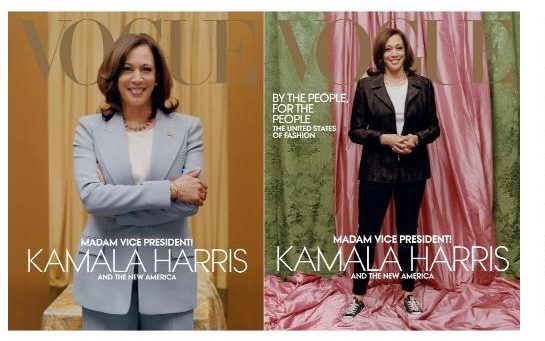
Noyonika Sircar is then exploring the ‘fashion police’ in politics, looking at the construction of female politicians in fashion magazines, taking as a case study Vogue US covers that featured Hillary Clinton and Kamala Harris.
In the context of cinema, Jiaxuan Wu is questioning how celebrities might act effectively in positioning fashion brands in film and TV productions, becoming human fashion brands on screen and off screen.
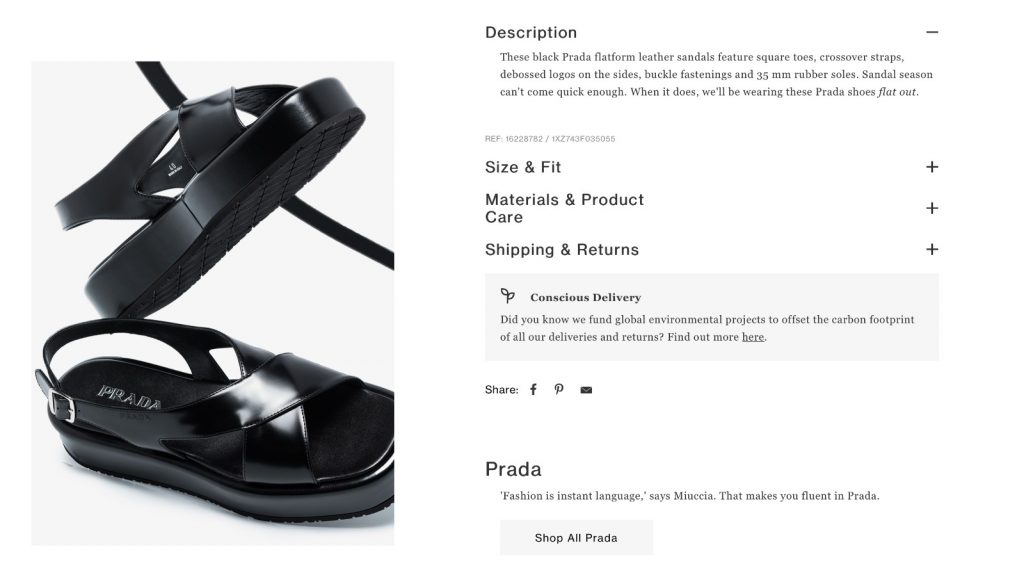
Finishing off with questions on curatorial discourse, Mary Kelleher is studying the digital platform of Browns in order to unpack the way in which digital merchandising can be viewed as a curatorial practice. On the other hand, Ayaka Kitagawa has interviewed several professionals in the field of textile conservation and their role in fashion museums, bringing to the spotlight a figure often overlooked in the scene of exhibitions or archives.
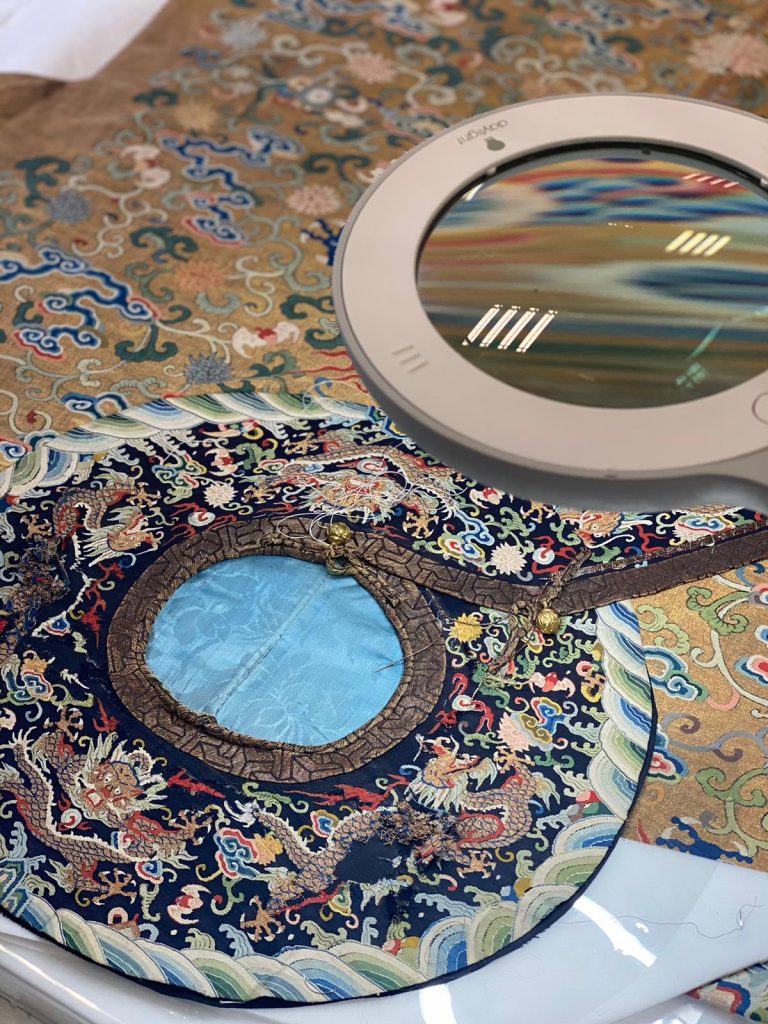
Stay tuned for further updates on the students’ work through the Parsons Paris Blog and our Instagram Profile!